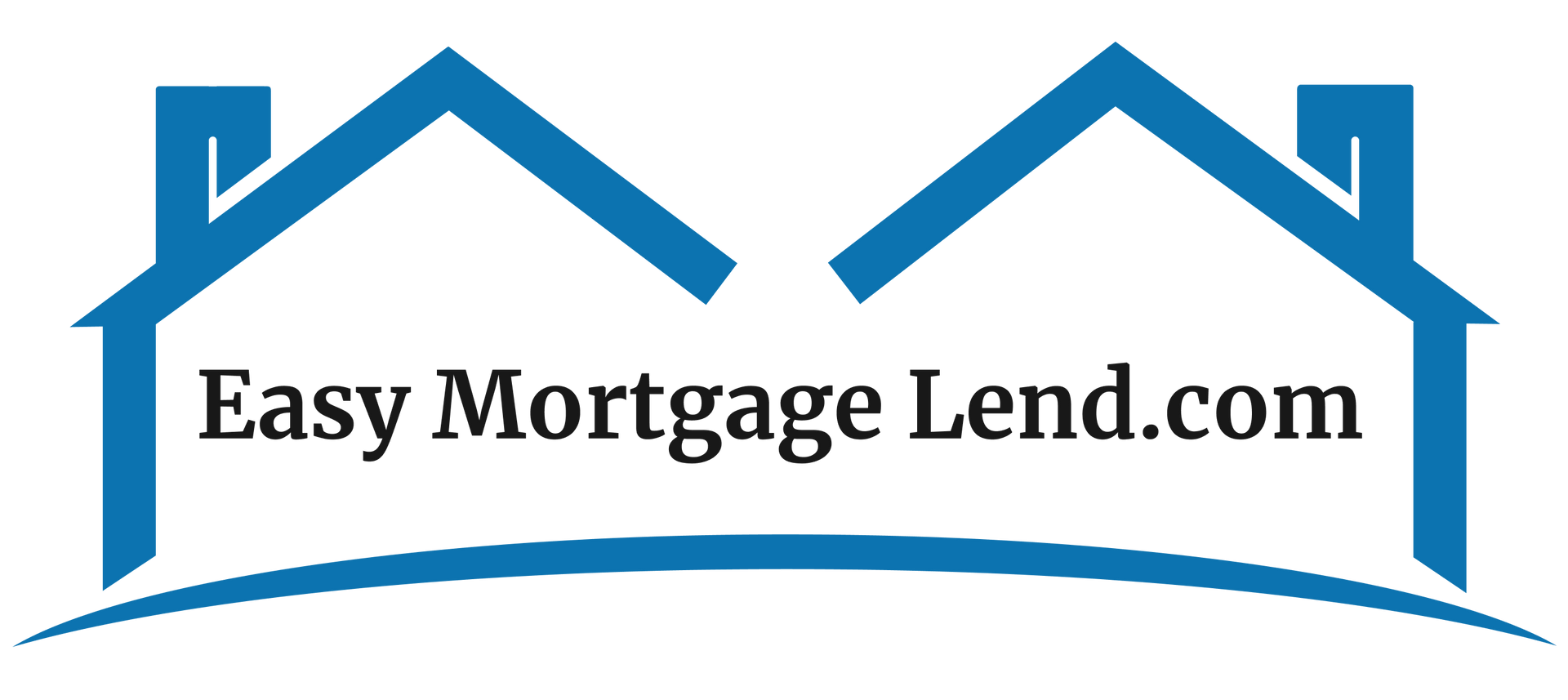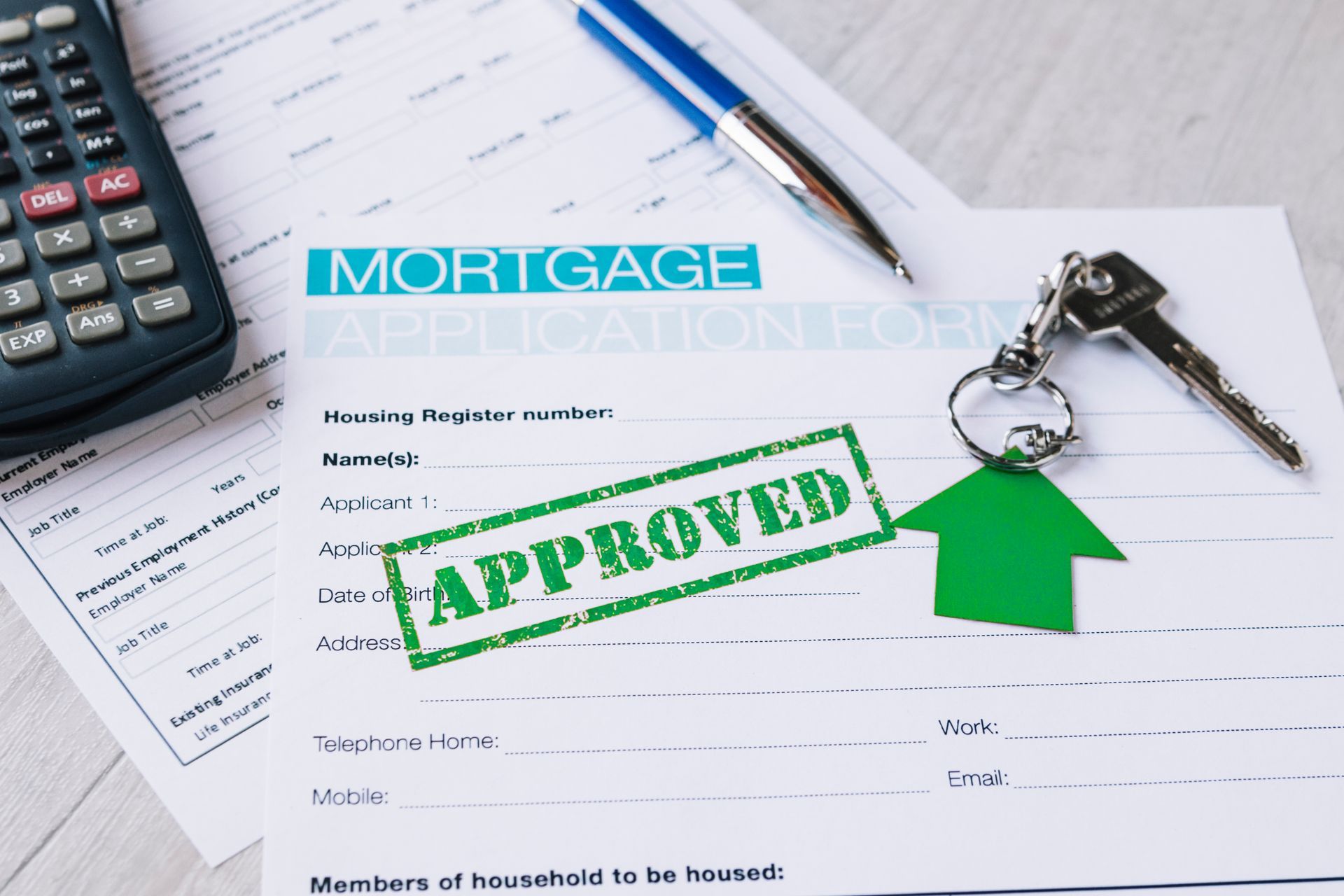Get In Touch
An In-Depth Guide to Mortgage Renewal
With an ever-changing economic climate, mortgage renewal is a hot discussion topic that concerns many homeowners. Indeed, understanding the intricacies of fixed and variable mortgages in combination with Bank of Canada interest rate hikes can leave homeowners scratching their heads when it comes time to renew.
This in-depth mortgage renewal guide is here to help you understand the benefits of mortgage renewal and how to avoid the pitfalls.
What is a Mortgage Renewal?
A mortgage renewal is where the contract term expires, and a new term is selected. It includes details such as the new interest rate, payment amount, and length of time before the mortgage is to renew again. You must renew your mortgage at the end of its term unless you refinance or pay the balance out in full.
Mortgage amortization is the time it takes to pay the mortgage entirely. For example, a mortgage amortization over 25 years could have a two-year renewal.
There are advantages and disadvantages to open and closed rates, along with short-term or long-term renewals, all of which require serious consideration and expert guidance.
Short-Term vs. Long-Term Mortgage Renewal
Your financial well-being greatly depends on your monthly expenditures, including mortgage payments. Renewing your mortgage when interest rates are higher could mean increasing your mortgage payment and leaving less operating cash in your account to work with each month. However, when interest rates are lower, the opposite could be true.
Understanding how short-term and long-term renewals work is crucial, and seeking solid, trustworthy mortgage advice in the remaining months before your renewal expiry date is vital.
- Short-term Mortgage Renewal - can be anywhere from six months to two years and is usually more beneficial when interest rates are high. You want the chance to access lower rates, assuming they will be lower in that timeframe.
- Long-term Mortgage Renewal - is between two and five years and is optimal when interest rates are low. Even if interest rates rise, your rate is protected.
So, your interest rate remains in place until the next renewal period unless you select a variable-rate mortgage over a fixed rate. A variable-rate mortgage fluctuates as the Bank of Canada raises or lowers prime lending rates, affecting your lender’s financing rates. No one can predict the fluctuation in interest rates; therefore, you must weigh your options and choose according to your comfort with risk factors.
Mortgage Renewal vs. Mortgage Refinancing
Mortgage renewals and
mortgage refinancing are two utterly different lending products, although you have likely heard reference to both. Where a mortgage renewal occurs at the end of your term, your lender draws up a new contract with the current rate, term, variable or closed structure, and new payment amount. Often, a renewal fee is due without changes to the Land Title lean.
However, mortgage refinancing involves changing the overall mortgage, including amortization and the amount held against your
home equity. Examples of refinancing include debt management, renovation or construction, or the need to lower monthly payments. In addition, you have to requalify for your new mortgage amount and have additional Land Titles fees.
Additionally, should your lender not extend your mortgage renewal, you may need to pay the mortgage in full, sell the property, or refinance your mortgage with another lender.
Know All Your Options With Professional Mortgage Brokers
The nuances of mortgage renewal require expertise from professionals with a pulse on current market trends, including interest rates and real estate value. That’s where the
EasyMortgageLender.com team in Ontario comes in. Their unparalleled mortgage options combined with convenient and friendly service means you can breathe easy when it comes time to renew your mortgage.
Don’t renew your mortgage without knowing all your options! EasyMortgageLender.com can save you money and undue stress while shopping for the best rates and mortgage products for you and your family.
Powered by Canadalend Inc. Brokerage #11384
*Conditions Apply. Rates and terms are subject to change without prior notice.
Quick Links
Services
Contact Info
Phone
Head Office Location
Hours of Operation
- Mon - Thu
- -
- Friday
- -
- Sat - Sun
- -
All Rights Reserved | EasyMortgageLend











